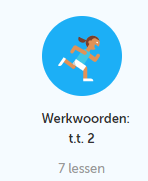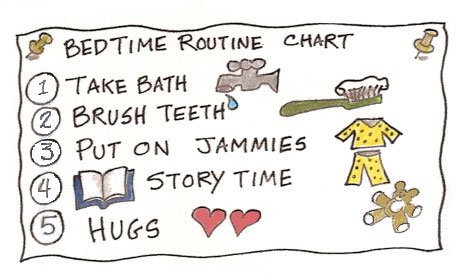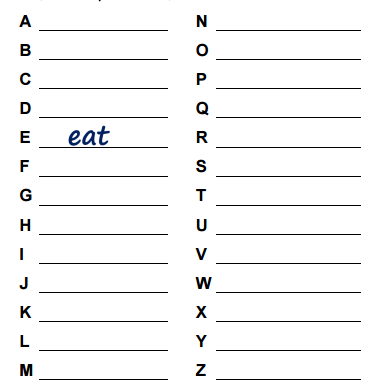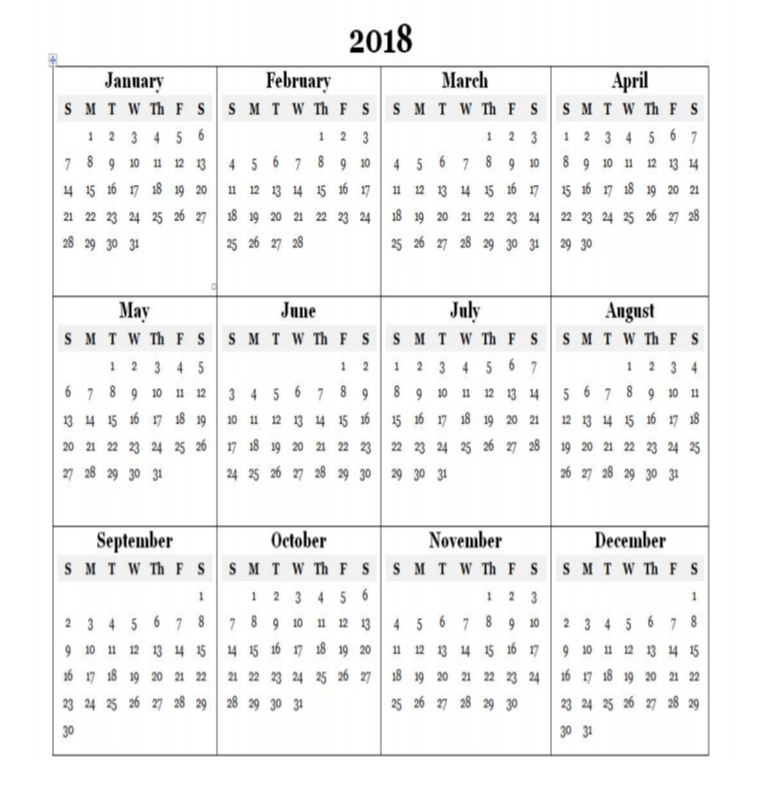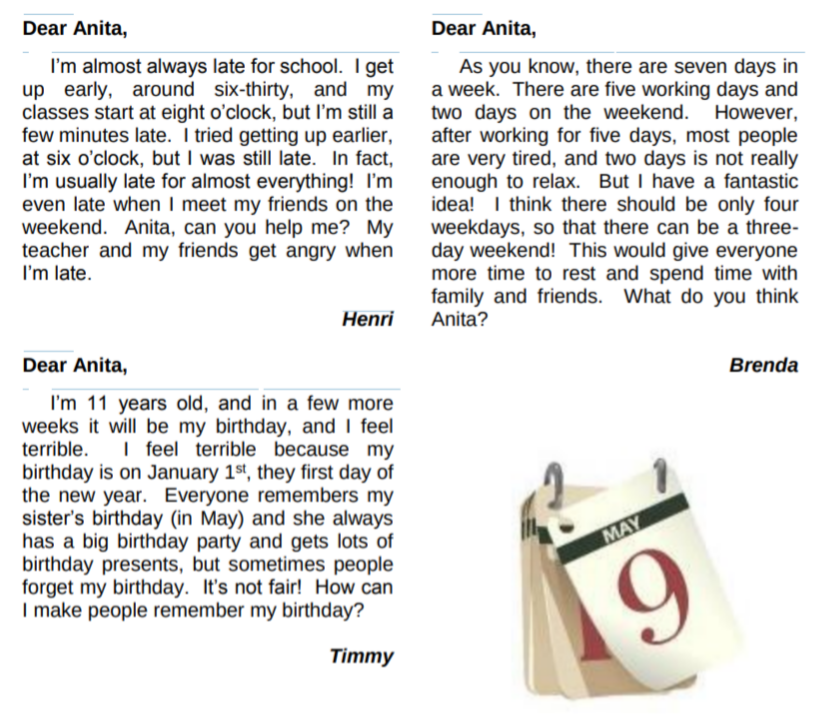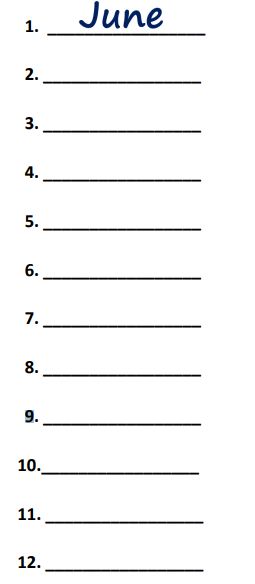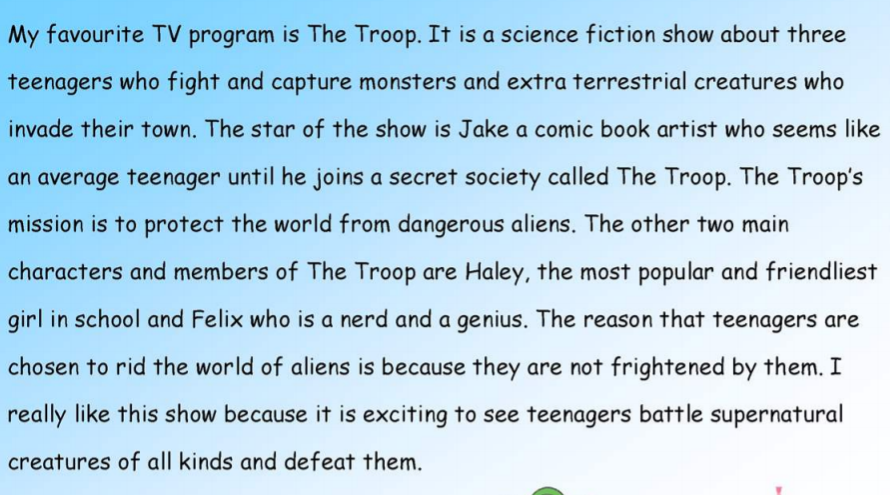Het arrangement 1KBL/TL Unit 5: My Life is gemaakt met Wikiwijs van Kennisnet. Wikiwijs is hét onderwijsplatform waar je leermiddelen zoekt, maakt en deelt.
- Auteur
- Laatst gewijzigd
- 27-03-2023 08:48:45
- Licentie
-
Dit lesmateriaal is gepubliceerd onder de Creative Commons Naamsvermelding 3.0 Nederlands licentie. Dit houdt in dat je onder de voorwaarde van naamsvermelding vrij bent om:
- het werk te delen - te kopiëren, te verspreiden en door te geven via elk medium of bestandsformaat
- het werk te bewerken - te remixen, te veranderen en afgeleide werken te maken
- voor alle doeleinden, inclusief commerciële doeleinden.
Meer informatie over de CC Naamsvermelding 3.0 Nederland licentie.
Aanvullende informatie over dit lesmateriaal
Van dit lesmateriaal is de volgende aanvullende informatie beschikbaar:
- Toelichting
- 1KBL/TL Unit 5: My Life
- Eindgebruiker
- leerling/student
- Moeilijkheidsgraad
- gemiddeld
Bronnen
| Bron | Type |
|---|---|
|
Listening 1 video http://maken.wikiwijs.nl/bestanden/561092/Dream%20Job%20with%20subtitles.mp4 |
Video |
|
What's Your Worst Job Story? https://youtu.be/foxuyMHulfc |
Video |
|
Present simple explaination https://youtu.be/BVOlhlNxY3o |
Video |
Gebruikte Wikiwijs Arrangementen
Het Perron Engels Onderbouw. (2017).
1KBL/TL Unit 5: People



 Listening 1 video
Listening 1 video

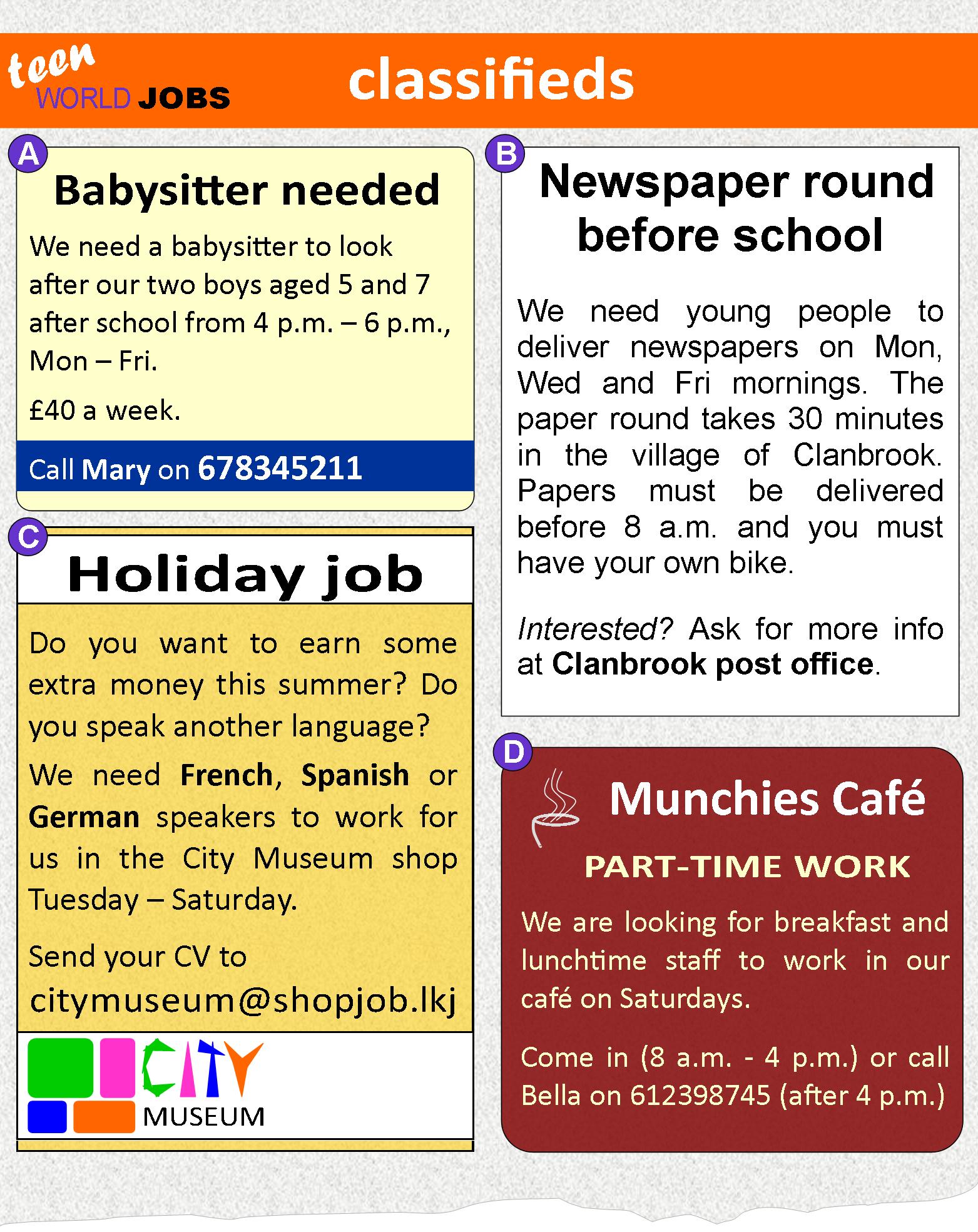
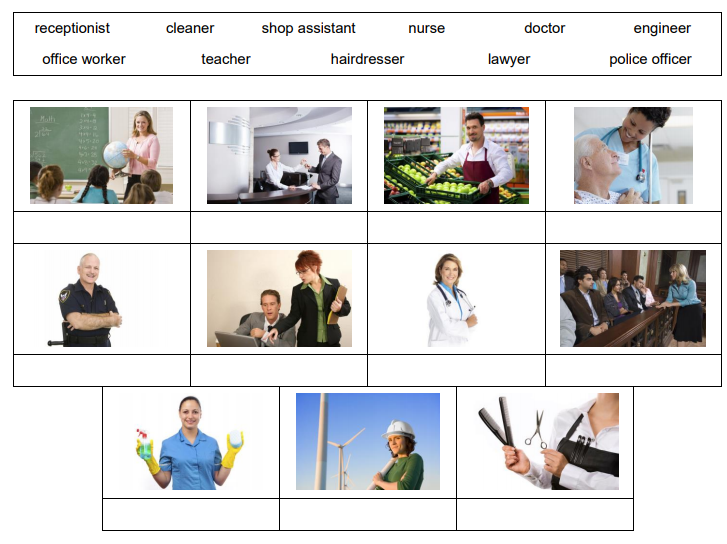
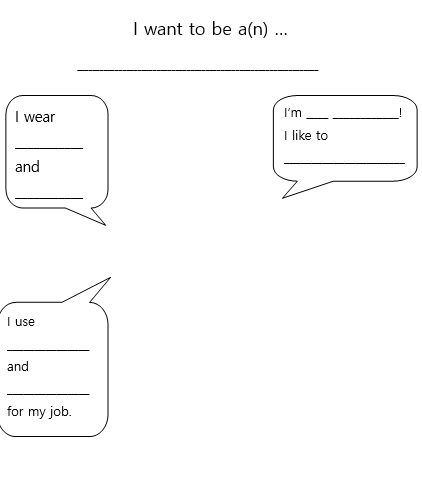
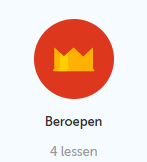
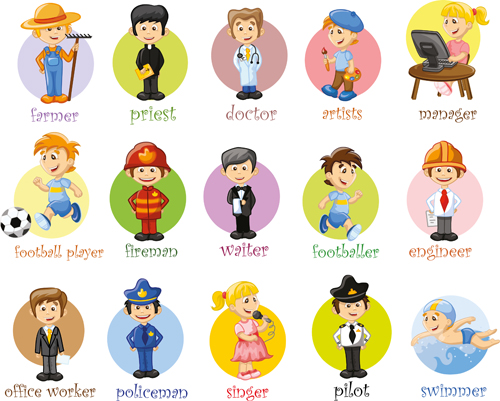


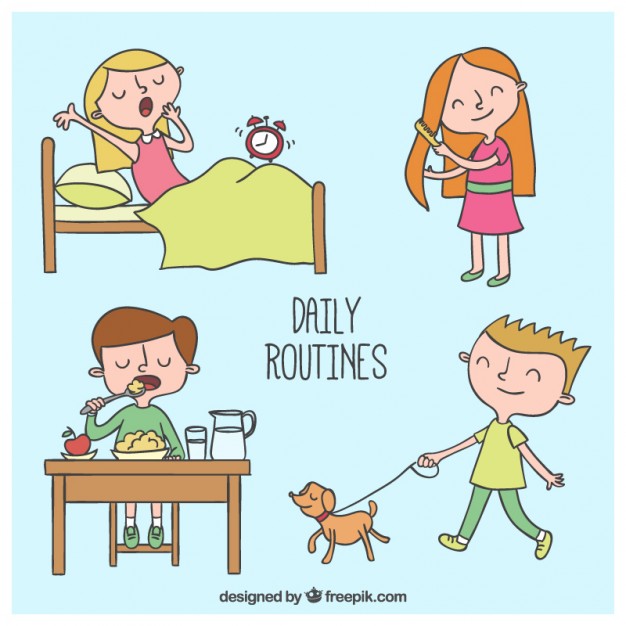
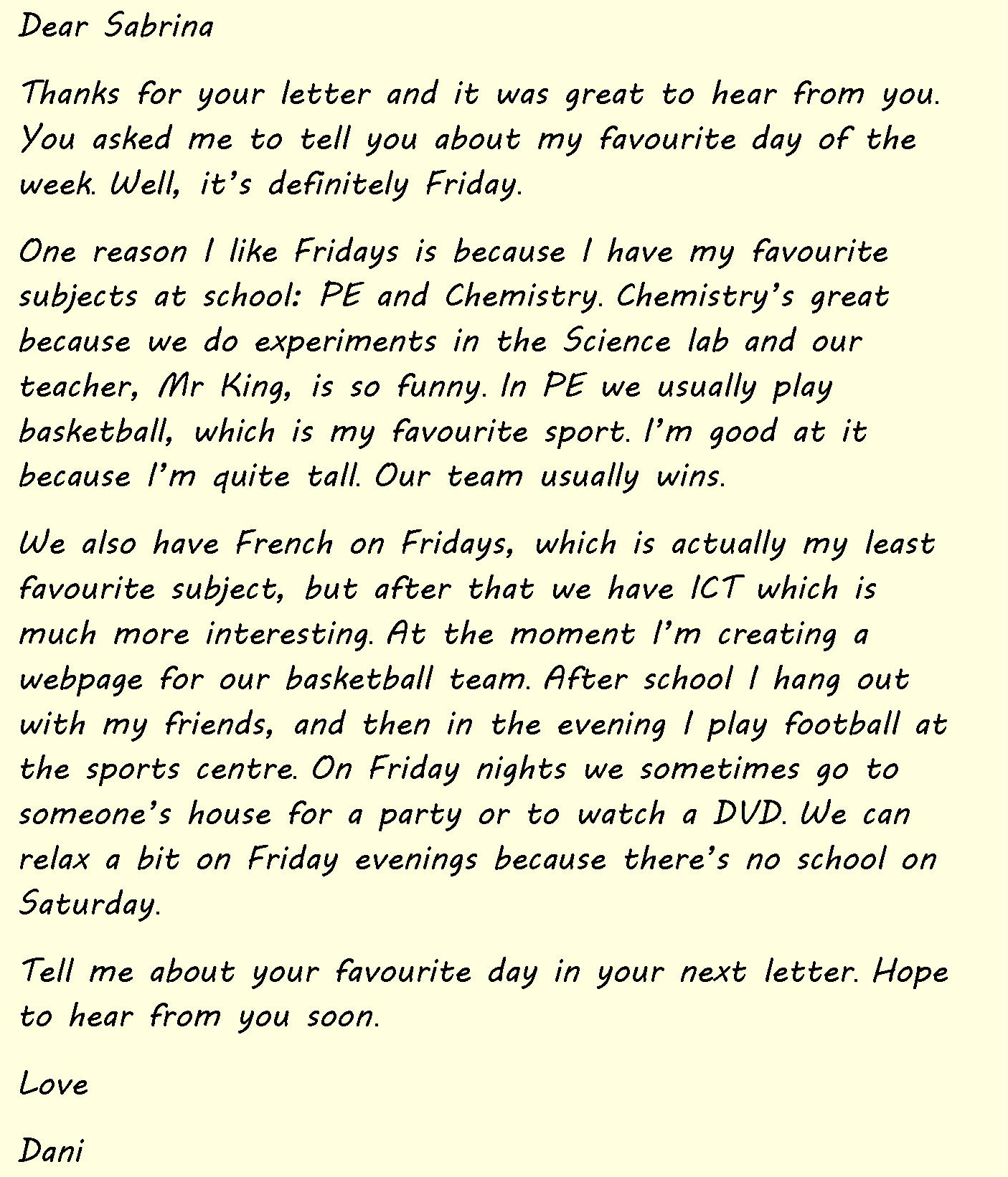


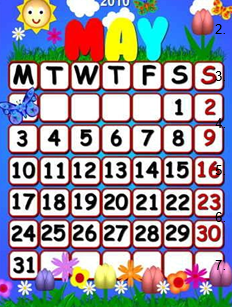 1. What day is the 1st May?
1. What day is the 1st May?

